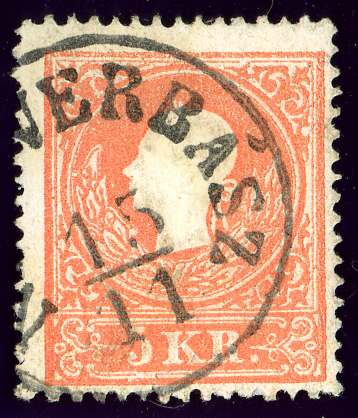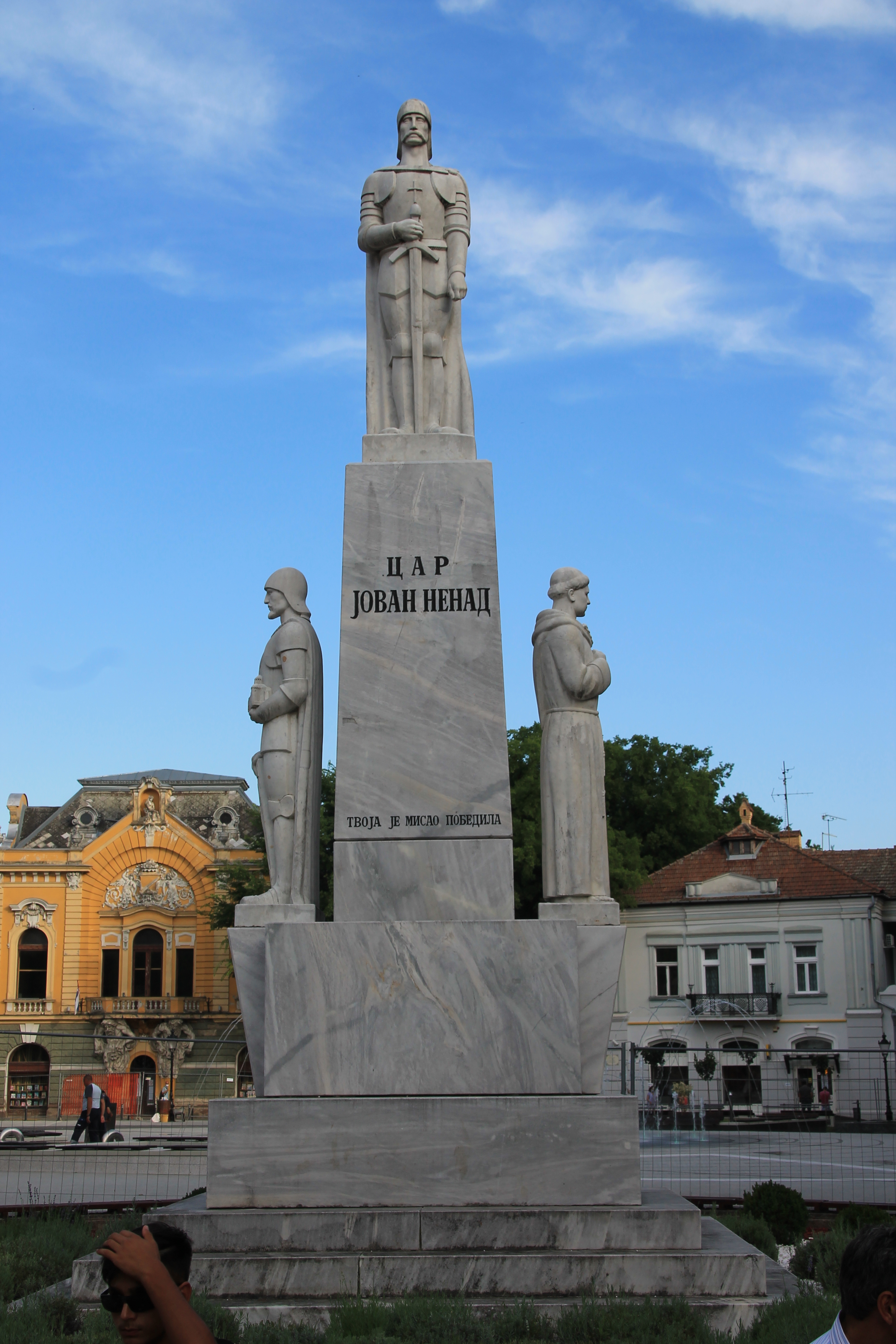|
Milorad Vučelić
Milorad Vučelić ( sr-Cyrl, Милорад Вучелић; born 17 June 1948) is a Serbian journalist and businessman. He is the president of FK Partizan, editor-in-chief of '' Večernje novosti'', president of the Partizan Sports Society and owner of Serbian weekly magazine ''Pečat''. Early life Vučelić was born into a family originating from Montenegro that, after the end of the Second World War, settled in the northern Serbian village of Sivac in the municipality of Kula in what was then PR Serbia, FPR Yugoslavia. After finishing elementary school in Crvenka and high school in Vrbas, he moved to Belgrade to study law at the University of Belgrade's Faculty of Law. Career Vučelić is a former vice-president of the Socialist Party of Serbia. He was the general director of the Radio Television of Serbia from 1992 to 1995. Vučelić was detained during Operation Sabre in 2003 but was quickly released. FK Partizan In 2014, he became the vice-president of FK Partizan. In 2 ... [...More Info...] [...Related Items...] OR: [Wikipedia] [Google] [Baidu] |
Sivac
Sivac () is a village located in the municipality of Kula, Serbia. The village has a Serb ethnic majority with a sizable Montenegrin minority, with its population numbering 7,895 inhabitants (as of 2011 census). History The existence of Sivac is first mentioned in a list of settlements in Bačka from 1692. The village is divided into two connected settlements, ''Stari Sivac'', which was historically populated by Serbs and ''Novi Sivac'', which was historically populated by Swabians. Following World War II, Sivac was one of many villages in Vojvodina that were involved in the 'colonization' process in which refugees from across Yugoslavia were settled. Sivac was one of the few villages in Serbia in which the majority of post-war settlers were from Montenegro. Demographics Historical population * 1961: 11,448 * 1971: 10,469 * 1981: 9,979 * 1991: 9,514 * 2002: 8,992 * 2011: 7,895 Ethnic groups The ethnic groups as of 2002 census: *Serbs = 5,179 (57.59%) *Montenegrins = 2,703 (30 ... [...More Info...] [...Related Items...] OR: [Wikipedia] [Google] [Baidu] |
Vrbas, Serbia
Vrbas ( sr-Cyrl, Врбас; hu, Verbász) is a town and municipality located in the South Bačka District of the autonomous province of Vojvodina, Serbia. As of 2011, the town had a population of 24,112, while the municipality had 42,092 inhabitants. Name Its name stems from the word "Willow" in the Serbian language. During the SFRY period, the town was renamed ''Titov Vrbas'' (meaning "the Vrbas of Tito"), after Josip Broz Tito. Like all other towns in Socialist Yugoslavia named after Tito, the first part was dropped once the new states were formed during the early 1990s. In Rusyn, the town is known as ''Вербас'', in Hungarian as ''Verbász'', in Croatian as ''Vrbas'', in German as ''Werbass'', and in Turkish as ''Verbas''. History Vrbas was mentioned first in 1213 during the administration of the Kingdom of Hungary. According to other sources, it was mentioned first in 1387. In the 16th century it became a part of the Ottoman Empire. During Ottoman administration i ... [...More Info...] [...Related Items...] OR: [Wikipedia] [Google] [Baidu] |
Serbian Socialists
Serbian may refer to: * someone or something related to Serbia, a country in Southeastern Europe * someone or something related to the Serbs, a South Slavic people * Serbian language * Serbian names See also * * * Old Serbian (other) * Serbians * Serbia (other) * Names of the Serbs and Serbia Names of the Serbs and Serbia are terms and other designations referring to general terminology and nomenclature on the Serbs ( sr, Срби, Srbi, ) and Serbia ( sr, Србија/Srbija, ). Throughout history, various endonyms and exonyms have bee ... {{Disambiguation Language and nationality disambiguation pages ... [...More Info...] [...Related Items...] OR: [Wikipedia] [Google] [Baidu] |
Serbian Journalists
Serbian may refer to: * someone or something related to Serbia, a country in Southeastern Europe * someone or something related to the Serbs, a South Slavic people * Serbian language * Serbian names See also * * * Old Serbian (other) * Serbians * Serbia (other) * Names of the Serbs and Serbia Names of the Serbs and Serbia are terms and other designations referring to general terminology and nomenclature on the Serbs ( sr, Срби, Srbi, ) and Serbia ( sr, Србија/Srbija, ). Throughout history, various endonyms and exonyms have bee ... {{Disambiguation Language and nationality disambiguation pages ... [...More Info...] [...Related Items...] OR: [Wikipedia] [Google] [Baidu] |
Serbian Businesspeople
Serbian may refer to: * someone or something related to Serbia, a country in Southeastern Europe * someone or something related to the Serbs, a South Slavic people * Serbian language * Serbian names See also * * * Old Serbian (other) * Serbians * Serbia (other) * Names of the Serbs and Serbia Names of the Serbs and Serbia are terms and other designations referring to general terminology and nomenclature on the Serbs ( sr, Срби, Srbi, ) and Serbia ( sr, Србија/Srbija, ). Throughout history, various endonyms and exonyms have bee ... {{Disambiguation Language and nationality disambiguation pages ... [...More Info...] [...Related Items...] OR: [Wikipedia] [Google] [Baidu] |
People From Kula, Serbia
A person ( : people) is a being that has certain capacities or attributes such as reason, morality, consciousness or self-consciousness, and being a part of a culturally established form of social relations such as kinship, ownership of property, or legal responsibility. The defining features of personhood and, consequently, what makes a person count as a person, differ widely among cultures and contexts. In addition to the question of personhood, of what makes a being count as a person to begin with, there are further questions about personal identity and self: both about what makes any particular person that particular person instead of another, and about what makes a person at one time the same person as they were or will be at another time despite any intervening changes. The plural form "people" is often used to refer to an entire nation or ethnic group (as in "a people"), and this was the original meaning of the word; it subsequently acquired its use as a plural form of ... [...More Info...] [...Related Items...] OR: [Wikipedia] [Google] [Baidu] |
Living People
Related categories * :Year of birth missing (living people) / :Year of birth unknown * :Date of birth missing (living people) / :Date of birth unknown * :Place of birth missing (living people) / :Place of birth unknown * :Year of death missing / :Year of death unknown * :Date of death missing / :Date of death unknown * :Place of death missing / :Place of death unknown * :Missing middle or first names See also * :Dead people * :Template:L, which generates this category or death years, and birth year and sort keys. : {{DEFAULTSORT:Living people 21st-century people People by status ... [...More Info...] [...Related Items...] OR: [Wikipedia] [Google] [Baidu] |
1948 Births
Events January * January 1 ** The General Agreement on Tariffs and Trade (GATT) is inaugurated. ** The Constitution of New Jersey (later subject to amendment) goes into effect. ** The railways of Britain are nationalized, to form British Railways. * January 4 – Burma gains its independence from the United Kingdom, becoming an independent republic, named the ''Union of Burma'', with Sao Shwe Thaik as its first President, and U Nu its first Prime Minister. * January 5 ** Warner Brothers shows the first color newsreel (''Tournament of Roses Parade'' and the ''Rose Bowl Game''). ** The first Kinsey Reports, Kinsey Report, ''Sexual Behavior in the Human Male'', is published in the United States. * January 7 – Mantell UFO incident: Kentucky Air National Guard pilot Thomas Mantell crashes while in pursuit of an unidentified flying object. * January 12 – Mahatma Gandhi begins his fast-unto-death in Delhi, to stop communal violence during the Partition of India. * ... [...More Info...] [...Related Items...] OR: [Wikipedia] [Google] [Baidu] |
Subotica
Subotica ( sr-cyrl, Суботица, ; hu, Szabadka) is a List of cities in Serbia, city and the administrative center of the North Bačka District in the autonomous province of Vojvodina, Serbia. Formerly the largest city of Vojvodina region, contemporary Subotica is now the second largest city in the province, following the city of Novi Sad. According to the 2011 census, the city itself has a population of 97,910, while the urban area of Subotica (with adjacent urban settlement of Palić included) has 105,681 inhabitants, and the population of metro area (the administrative area of the city) stands at 141,554 people. Name The name of the city has changed frequently over time.History of Subotica Retrieved 8 September 2022. The earliest known written name of the city was ''Zabotka'' or ''Zabatka'', [...More Info...] [...Related Items...] OR: [Wikipedia] [Google] [Baidu] |
State Security Administration
The State Security Service ( hr, Služba državne sigurnosti, sr, Служба државне безбедности; mk, Служба за државна безбедност; sl, Služba državne varnosti), also known by its original name as the State Security Administration, was the secret police organization of Communist Yugoslavia. It was at all times best known by the acronym UDBA, which is derived from the organization's original name in the Serbo-Croatian language: "''Uprava državne bezbednosti''" ("State Security Administration"). The acronyms SDB (Serbian) or SDS (Croatian) were used officially after the organization was renamed into "State Security Service". In its latter decades it was composed of eight semi-independent secret police organizations—one for each of the six Yugoslav federal republics and two for the autonomous provinces—coordinated by the central federal headquarters in the capital of Belgrade. Although it operated with more restraint than sec ... [...More Info...] [...Related Items...] OR: [Wikipedia] [Google] [Baidu] |
Bratonožići
The Bratonožići ( sr-Cyrl, Братоножићи, ) is a historical tribe (''pleme'') of Albanian origin in the Brda region of Montenegro. It appeared during the Ottoman period and was a captaincy of the Principality of Montenegro in the 19th century. Today, it forms part of northeastern Podgorica Municipality. In Montenegro, the majority of people who trace their origin in Bratonožići identify as Christian Orthodox Montenegrins and Christian Orthodox Serbs. Brotherhoods (''bratstvo'') from the historical tribe that settled in Bijelo Polje and became Muslims in the Ottoman period identify as Bosniaks. In the 18th century, many families from the region settled in western Serbia. In Kosovo, a part of the Serbs of western Kosovo come from Bratonožići. Geography The Bratonožići tribal region is a rugged, hilly area at an altitude which ranges from 400 to 450m. It is situated between the Morača river, Mala Rijeka and Crna Planina; it borders the tribes of Vasojevići to t ... [...More Info...] [...Related Items...] OR: [Wikipedia] [Google] [Baidu] |
Ivan Ćurković
Ivan Ćurković (, ; born 15 March 1944) is a Serbian sports executive and former footballer who played as a goalkeeper. During his playing career that spanned 21 seasons from 1960 to 1981, Ćurković made over 700 official appearances for three clubs in Yugoslavia and France, winning numerous trophies and reaching the European Cup final on two occasions, with Partizan in 1966 and Saint-Étienne in 1976. He was also capped 19 times by Yugoslavia at senior level between 1963 and 1970. After hanging up his boots, Ćurković held various high-level administrative positions, including serving as president of the Serbian Olympic Committee and vice-president of the Serbian Football Association. He also acted as president of his former club Partizan for almost two decades from 1989 to 2006. Club career A talented goalie, Ćurković began at his hometown club Velež Mostar and was officially registered by the club in 1958. He would sign his first professional contract in 1960 at the ag ... [...More Info...] [...Related Items...] OR: [Wikipedia] [Google] [Baidu] |

_1938.jpg)



